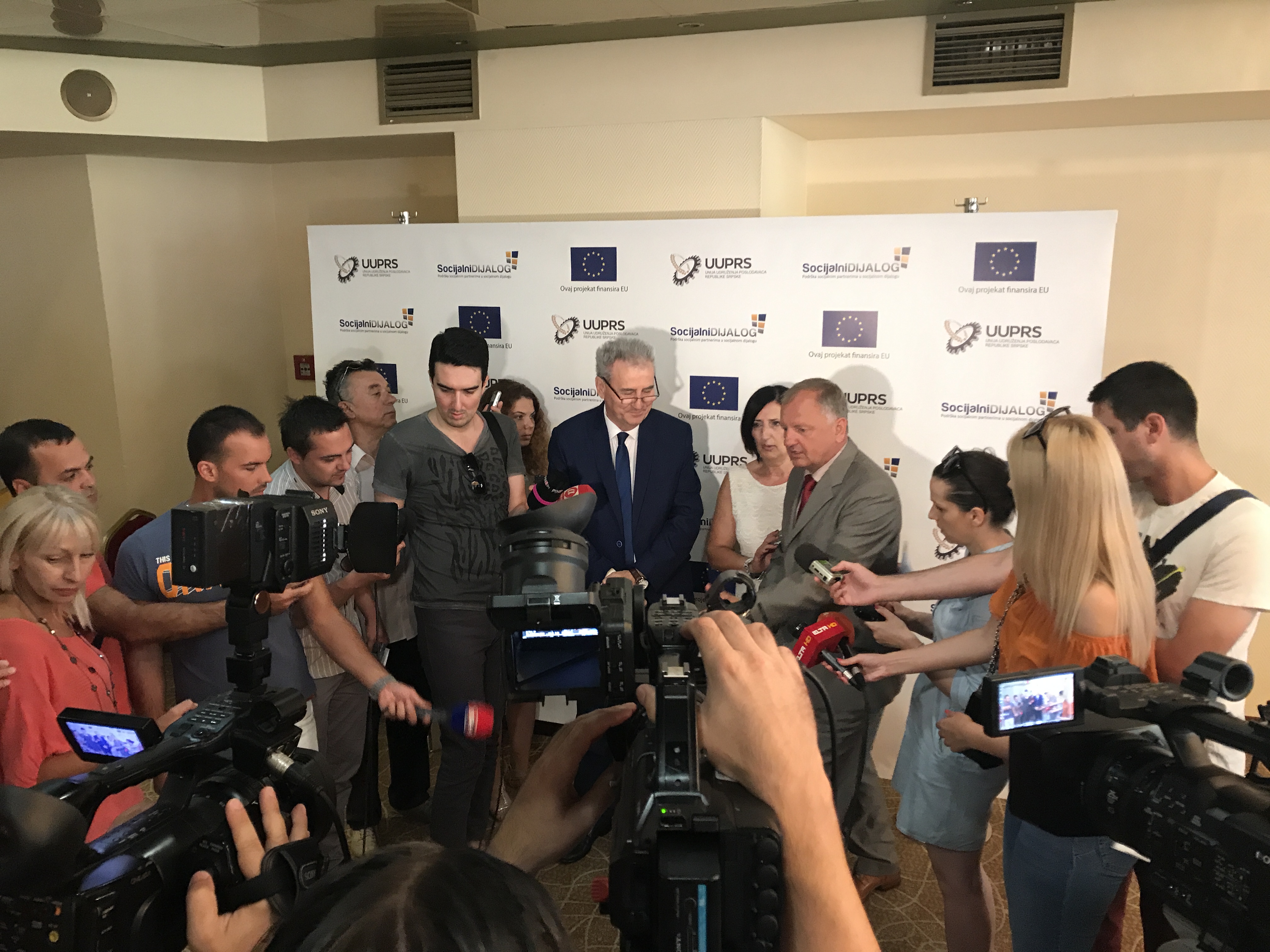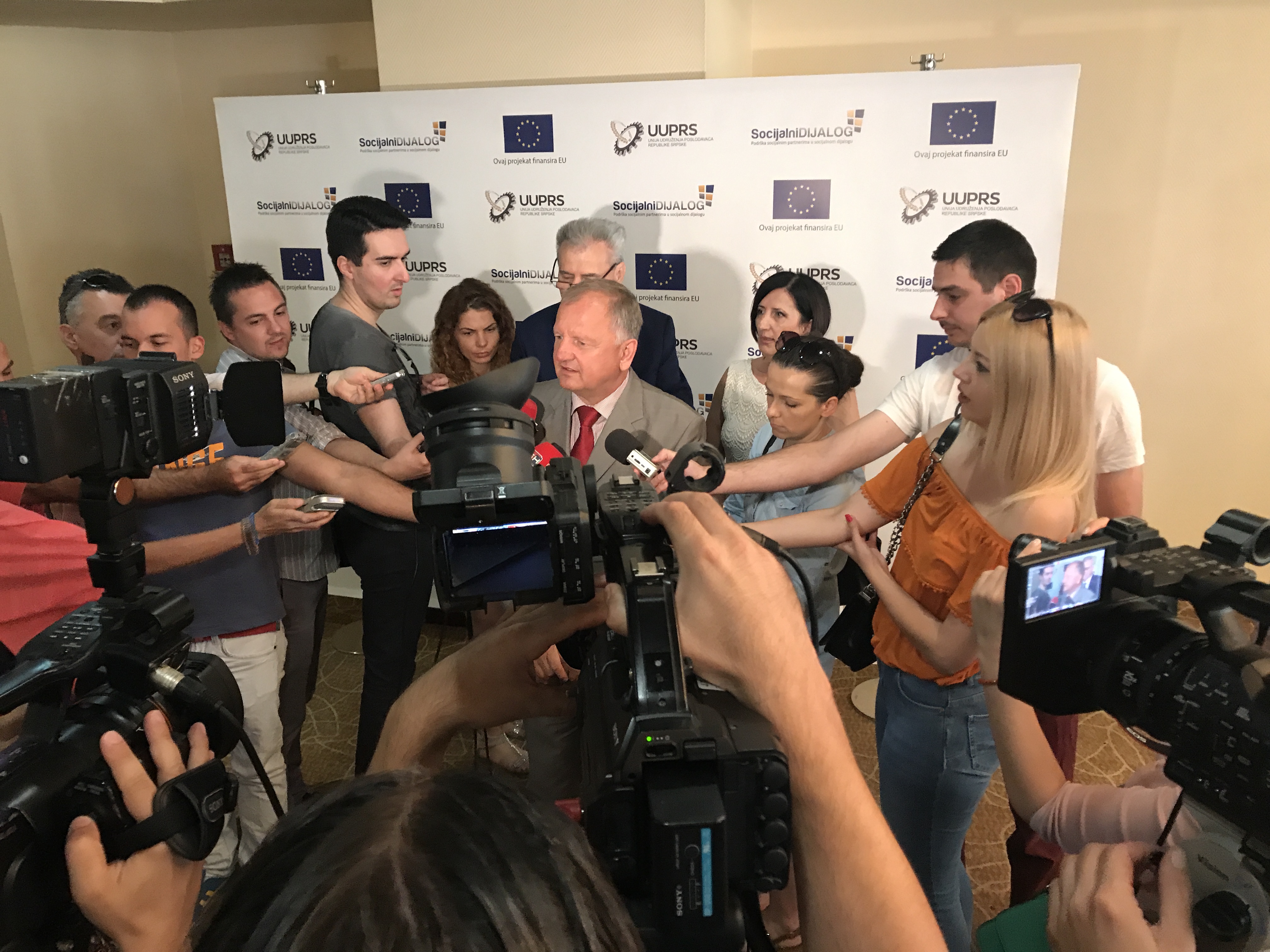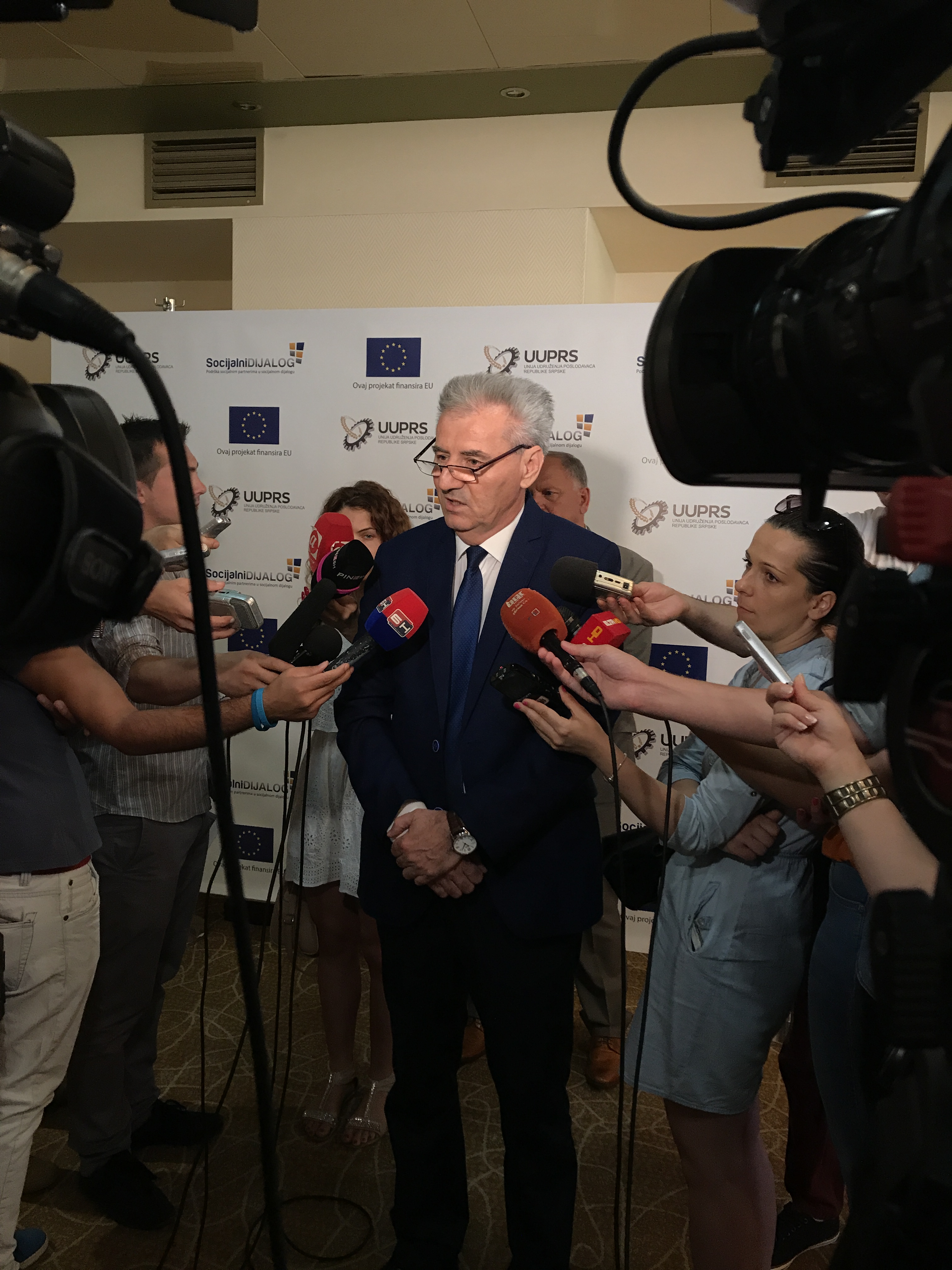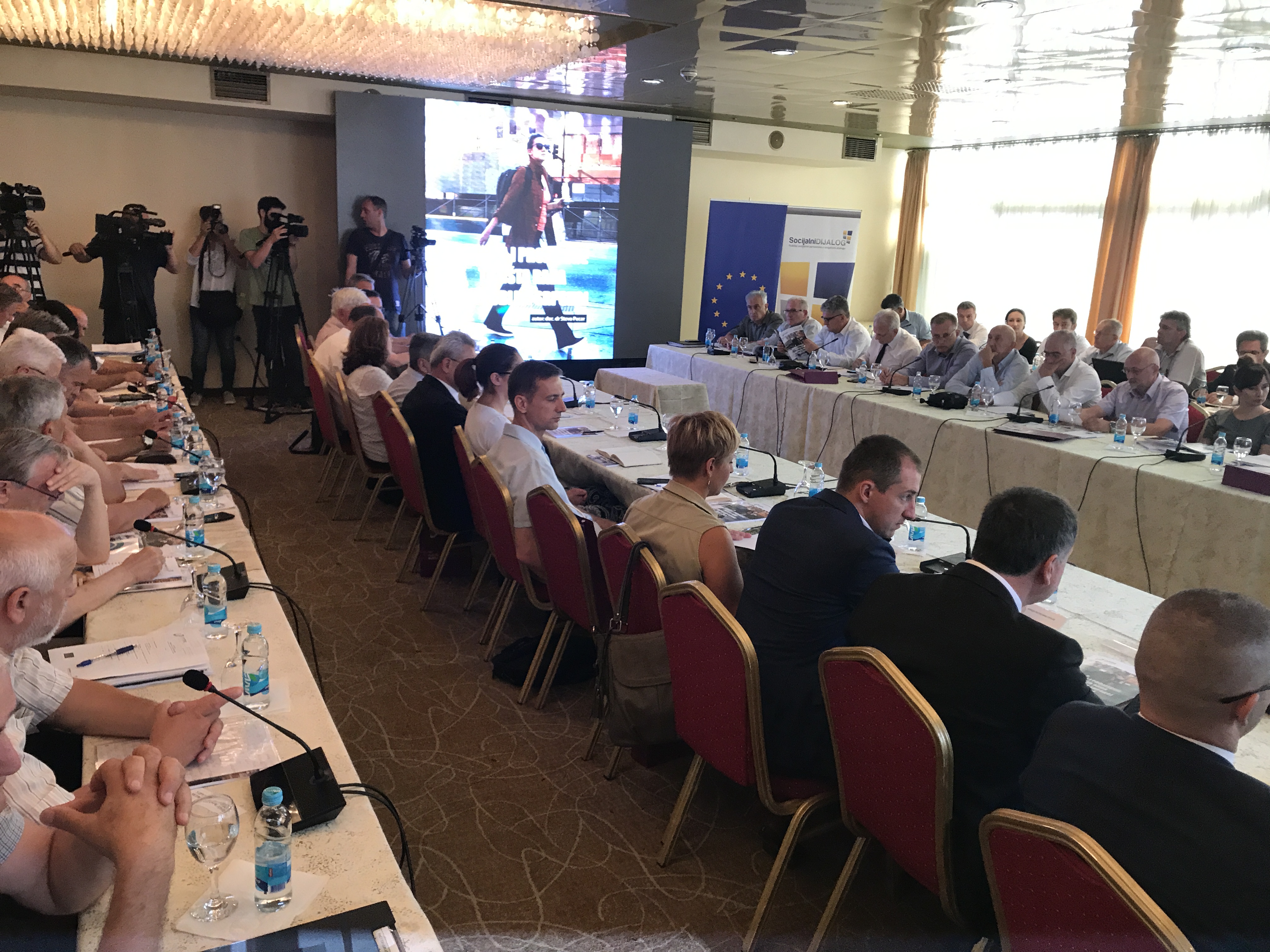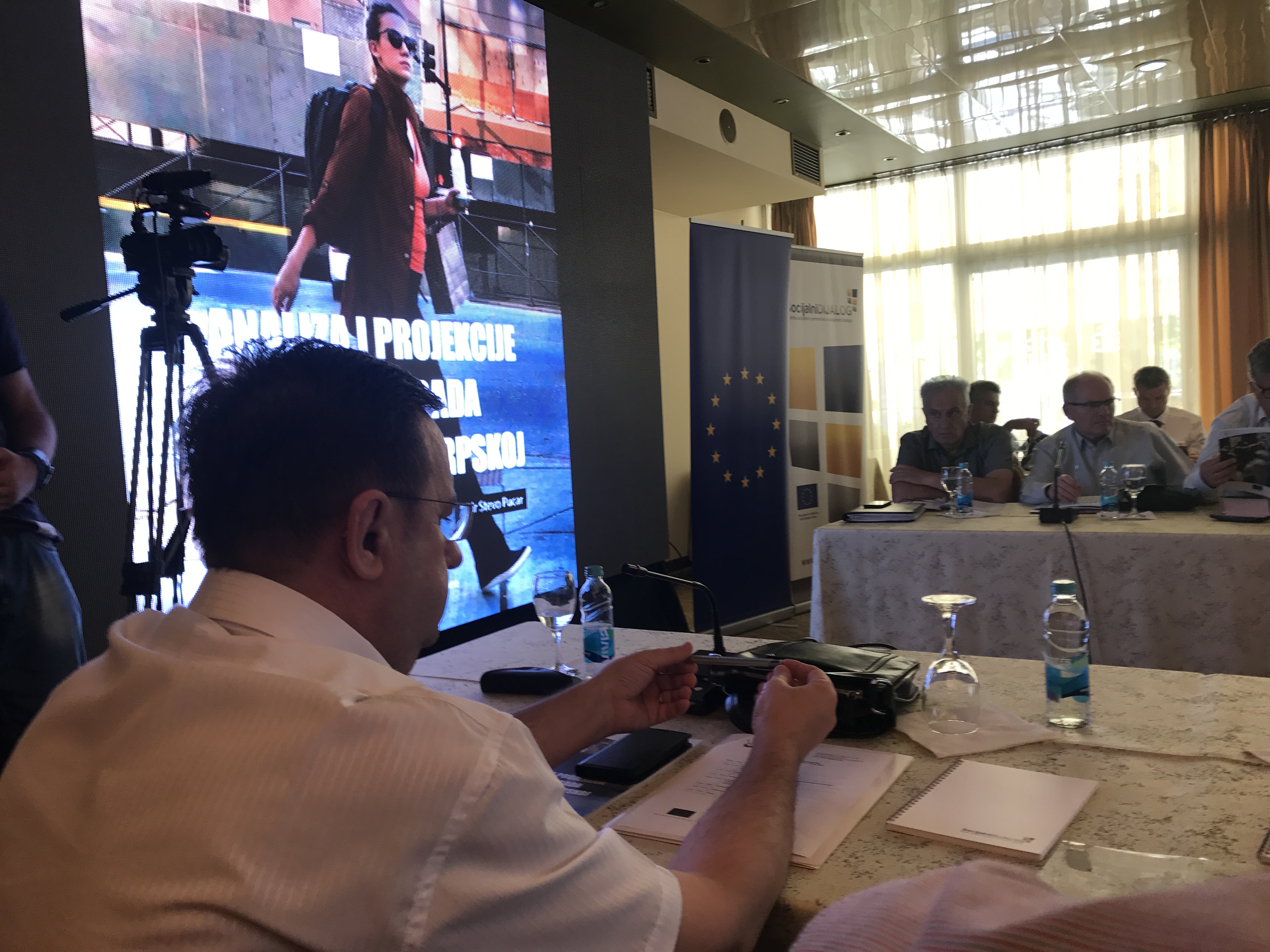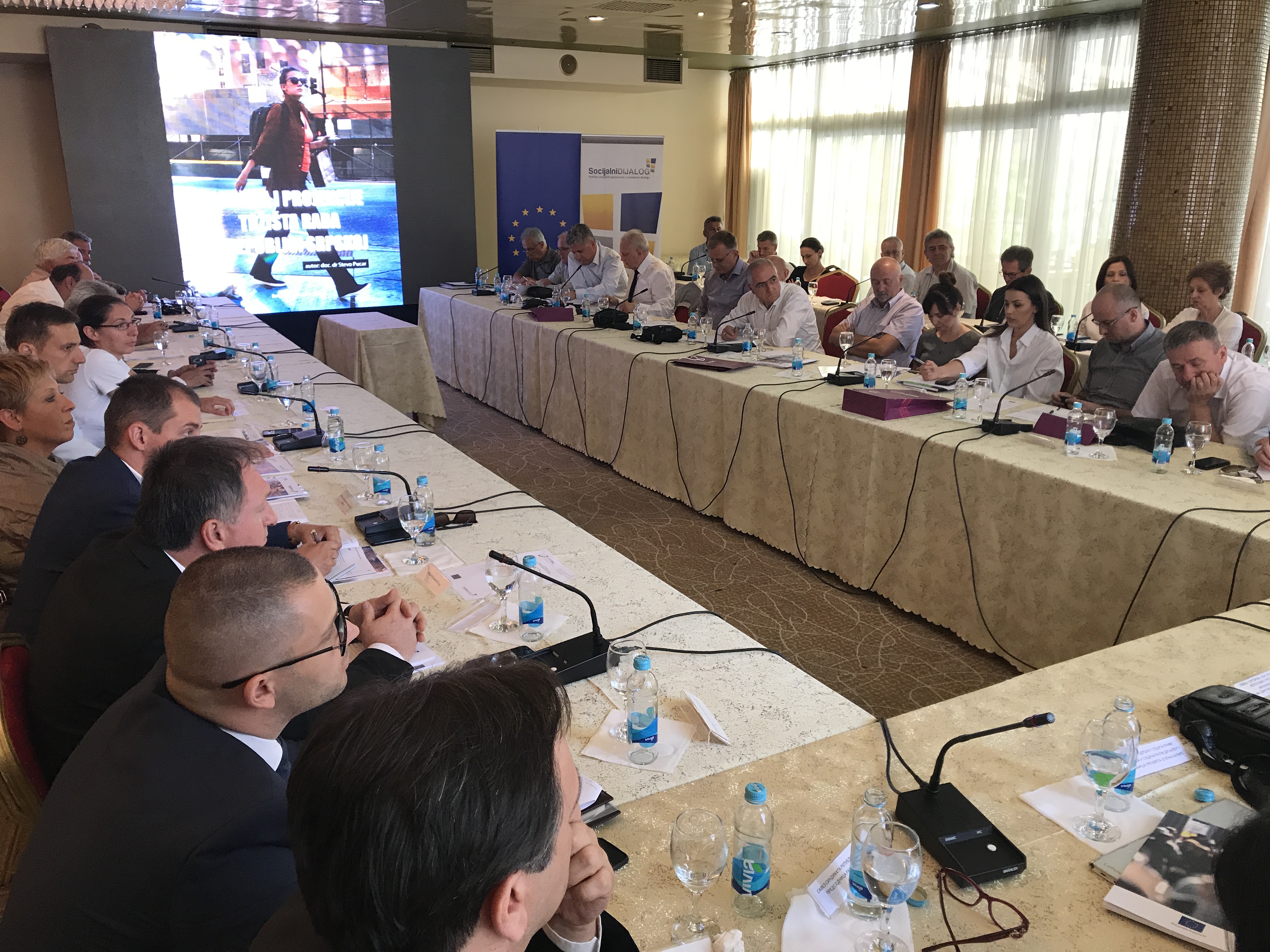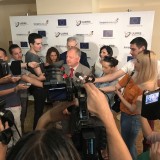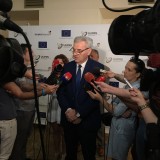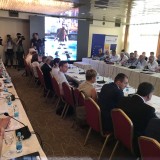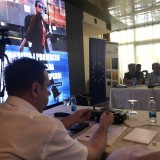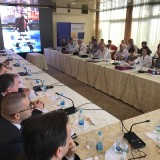With the technical support of the European Union (EU) funded project “Support to Social Partners in Social Dialogue” in Bosnia and Herzegovina (BiH), the Union of Employers’ Associations of Republika Srpska (UEARS) organized and held on 19 July a roundtable in Banja Luka on the topic of “Labour Market – Current Situation and Challenges“.
The aim of the Round Table was to bring together all the actors of social dialogue in Republika Srpska: representatives of the Government of Republika Srpska, trade union representatives and employers’ representatives, representatives of the academic community as well as other interested organizations to openly discuss and exchange views on the current situation and challenges in the labour market in Republika Srpska.
The round table discussion positioned around the results of the “Analysis and Projections of the Labour Market in Republika Srpska 2017 – 2021” and projections of labour supply and demand in the labour market in Republika Srpska in the forthcoming period. The debate had a special focus on the migration of the working-age population from Republika Srpska to the Western European countries, and the challenges and problems the Republika Srpska is and will be facing because of these trends identified in the labour market.
President of the Union of Employers’ Unions of Republika Srpska Union Dragutin Škrebić, said that the Union was aware of the labour outflow and noted that one of the reasons for this problem was the inability of employers in Republika Srpska to provide working conditions equal to those in the Western countries.
Professor at the Faculty of Economics in Banja Luka Stevo Pucar, and the author of “Analysis and Projections of the Labour Market in Republika Srpska 2017 – 2021” noted that indicators point out that Republika Srpska is facing not only economic but also demographic problems.
“Analysis and Projections of the Labour Market in Republika Srpska 2017 – 2021”, which was prepared with the technical support of the project “Support to Social Partners in Social Dialogue” reads that according to certain projections, in the next six years, the number of working-age population will be reduced by another 59,000, from 867,000 to 808,000. According to expert estimates based on Eurostat data, some 140,000 persons will leave BiH in the period 2017 to 2021.
President of the Union of Trade Unions of the Republika Srpska Ranka Mišić, said that young and educated persons leave this area because of poorly paid jobs and pointed out that political instability has an impact on attracting investors.
“The fact is that in Republika Srpska the minimum wage hasn’t been increased for years,” said Mišić, saying that salaries in some branches of the real sector have not changed in the past ten years, and that no general collective agreement has been agreed on in Republika Srpska.
Minister of Labour and Veterans of Republika Srpska Milenko Savanović, pointed out that political instability is a serious problem when it comes to further economic development and investments, and added that, unfortunately, the outflow of educated persons is a fact.
Today’s presentation of “Analysis and Projections of the Labour Market in Republika Srpska 2017 – 2021”, and the round table itself, is a continuation of the project activities that we are implementing within the project “Support Social Partners in Social Dialogue”. We are pleased that we have been able to assist in improving the social dialogue among all social partners“, concluded Jelena Katić project Team Leader.
The project “Support Social Partners in Social Dialogue”, which the European Union in BiH is funding in the amount of 482,000 euros, aims to support the improvement of social dialogue in BiH. The project started with implementation in January 2016 and will last until January 2018.


